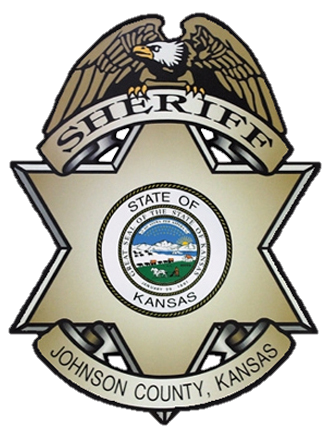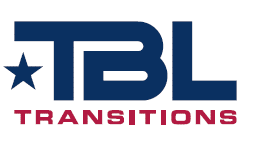Courses & Events
Beyond Words: Reading People, Behavior, and Culture in Law Enforcement Encounters

Monday, April 27, 2026, Edwards Campus KLETC Regional Site
Child Passenger Safety Technician Course

Please register at: National Child Passenger Safety Certification
May 5-7, 2026, Edwards Campus KLETC Regional Site
Community Policing 101: Building Trust Through Action

Thursday, March 5, 2026, Edwards Campus KLETC Regional Site
Courtroom Survival Skills: Mastering Report Writing, Search Warrant Development, and Courtroom Testimony

Tuesday, May 12, 2026, Edwards Campus KLETC Regional Site
Custody to Control

Friday, May 15, 2026, Johnson County Regional Police Academy
Distractions and Strikes

Friday, April 24, 2026, Johnson County Regional Police Academy
Disturbance or Active Threat on Public Transportation

Monday, March 16, 2026, Olathe Health Education Center
Monday, March 16, 2026, Olathe Health Education Center
Tuesday, March 17, 2026, Olathe Health Education Center
Tuesday, March 17, 2026, Olathe Health Education Center
Wednesday, March 18, 2026, Olathe Health Education Center
Wednesday, March 18, 2026, Olathe Health Education Center
Thursday, March 19, 2026, Olathe Health Education Center
Thursday, March 19, 2026, Olathe Health Education Center
Drug Unit Supervisor: Strategies for Managing Narcotics Units, Personnel, and Operations

May 6-7, 2026, Edwards Campus KLETC Regional Site
EVOC Train the Trainer

May 4-8, 2026, Edwards Campus KLETC Regional Site
Field Training Officer Program

February 23-25, 2026, Hays KLETC Regional Site
March 23-25, 2026, Edwards Campus KLETC Regional Site
May 11-13, 2026, Learning Center Classroom Bldg
Financial Wellness

Tuesday, April 7, 2026, Edwards Campus KLETC Regional Site
Foundations of Crime Analysis

This course contains no sessions
Gold Shield Signature Lecture Series 2026: Guarding the Heart - A New Perspective on Leadership, Influence, and Resilience

Monday, March 2, 2026, BEST Conference Center
Wednesday, March 4, 2026, Integrity Auditorium
Grappler Police Bumper Train-the-Trainer

March 23-24, 2026, Kansas Speedway
Implicit Bias - Tactical Perception

Tuesday, March 3, 2026, Parsons KLETC Regional Site
Tuesday, March 3, 2026, Parsons KLETC Regional Site
Monday, May 18, 2026, Edwards Campus KLETC Regional Site
JOCO CSI: Fundamental Crime Scene Management and Evidence Collection

Thursday, April 2, 2026, Johnson County Crime Lab
Life Beyond the Badge: Preparing Law Enforcement Professionals for Career Transitions

Thursday, April 16, 2026, Edwards Campus KLETC Regional Site
PORT Refresher Training (Public Order Response Team)

Friday, February 27, 2026, Lenexa National Guard Armory
Thursday, March 26, 2026, Lenexa National Guard Armory
Friday, April 17, 2026, Lenexa National Guard Armory
Friday, May 15, 2026, Lenexa National Guard Armory
Post-Blast Reconstruction Refresher Course

Thursday, August 20, 2026, Edwards Campus KLETC Regional Site

 Cart (0)
Cart (0)

